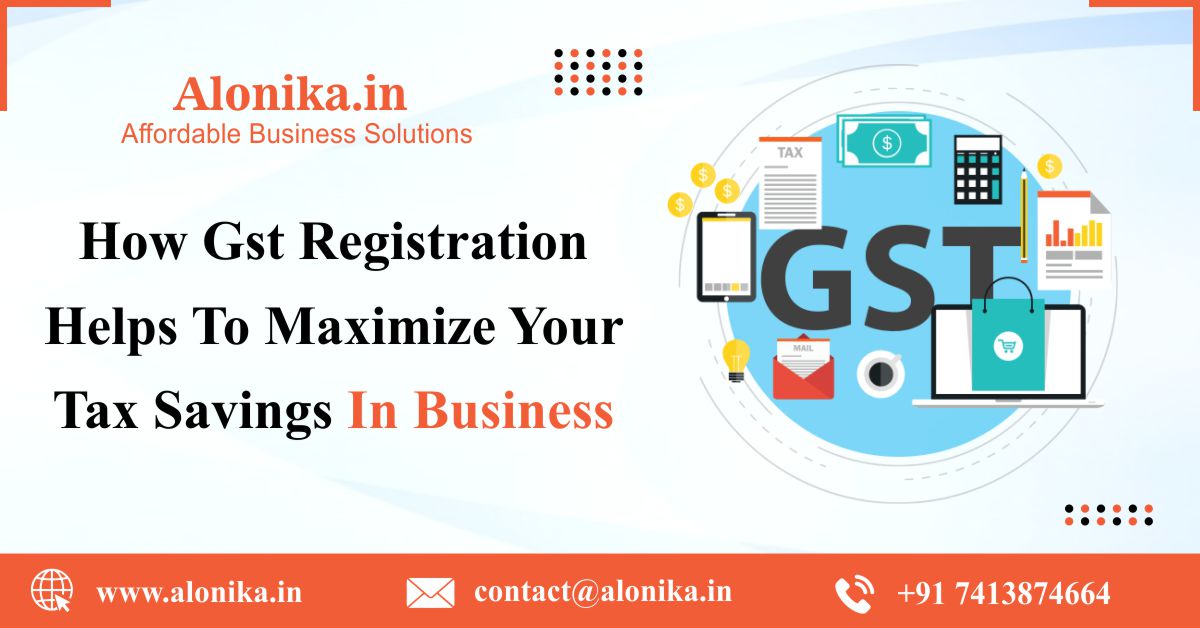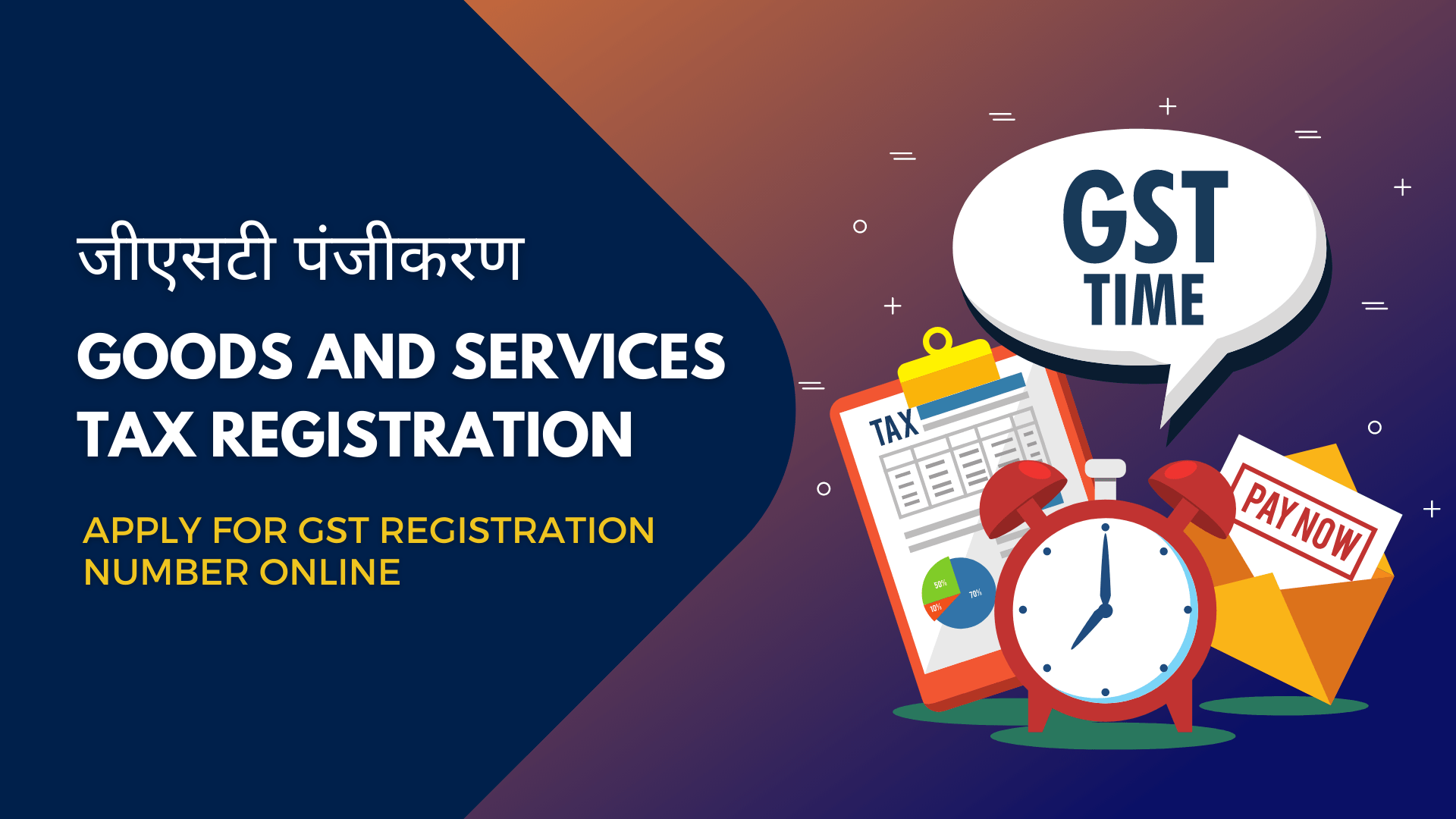Navigating the Complexities of GST Registration: Professional Tips and Best Practices for Easier Compliance
From decoding registration requirements to using technical tools for streamlined procedures, the trip in the direction of smoother GST compliance is multifaceted and nuanced. Stay tuned to reveal vital techniques and understandings that can assist organizations guide through the intricacies of GST enrollment with skill and self-confidence.
Comprehending GST Registration Demands

Along with turn over limits, organizations involving in interstate sales or providing taxed services might also be required to sign up for GST, even if their turn over is below the prescribed restriction (Singapore GST Registration). Recognizing these thresholds and requirements is important to avoid fines and make certain smooth procedures within the legal framework
Additionally, businesses have to gather and prepare the necessary documents, such as proof of identification, address, service incorporation, and savings account information, before launching the GST enrollment process. Failing to provide exact info or satisfy the registration target dates can result in fines or various other legal effects. For that reason, services ought to remain informed regarding the details GST registration demands relevant to their operations to preserve conformity and stay clear of prospective concerns.
Organizing Vital Documents
Businesses beginning on the GST enrollment procedure must carefully put together and arrange the essential documentation required for entry. The vital documents usually required for GST registration consist of proof of service registration or identification, unification and address evidence of the organization owners or companions, bank account information, evidence of major workplace, and authorization kinds. Ensuring that these files are readily available and arranged can enhance the enrollment procedure and protect against hold-ups or beings rejected.
To efficiently organize important documentation, businesses should develop a central system for keeping and categorizing the required paperwork (Singapore GST Registration). Making use of electronic storage space options can aid preserve very easy accessibility and make certain that records are safely stored. Furthermore, establishing a list of all required files can function as a helpful device to track what has been gathered and what is still required for entry

Leveraging Modern Technology for Performance
Enhancing operational efficiency via technical integration is paramount for modern organizations browsing the intricacies of GST enrollment. One of the essential ways modern technology can assist in GST enrollment is via the usage of automated software program options.
In addition, technology can assist in smooth interaction with tax obligation authorities. On the internet sites and interaction tools allow organizations to submit papers, fix questions, and receive updates in a much more effective fashion. This not just expedites discover here the enrollment procedure yet also helps in preserving dependable and transparent interaction with the pertinent authorities.
Moreover, cloud-based storage services give a protected platform for organizations to store and gain access to their economic data, making certain compliance with GST record-keeping demands. By systematizing information storage and automating processes, companies can improve their general effectiveness and Discover More Here precision in GST registration procedures.
Proactive Compliance Monitoring

To make sure efficient proactive compliance surveillance, businesses should develop durable inner controls, conduct periodic audits, and utilize automation devices for real-time monitoring of GST purchases. Normal training sessions for staff members on GST compliance needs can additionally assist in producing a culture of compliance within the company. Additionally, engaging with tax specialists or specialists can provide valuable understandings and guidance on browsing complex GST guidelines.
Engaging With Professional Consultants
Engaging skilled tax professionals can substantially bolster a business's understanding and conformity with elaborate GST laws. Professional professionals bring a riches of expertise and experience to the table, assisting businesses browse the complexities of GST enrollment with convenience. By leveraging their competence, companies can make sure accurate filings, decrease the danger of errors, and stay up-to-date with the current regulatory adjustments.
When involving with professional consultants, it is vital to choose professionals with a strong track document in GST conformity (Singapore GST Registration). Look for specialists who have a deep understanding of the pertinent regulations and policies, in addition to experience functioning with organizations in your industry. Reliable interaction is key in this partnership, so make certain to home clearly define your expectations and establish regular touchpoints to discuss development and attend to any kind of concerns
Additionally, specialist professionals can provide useful understandings and recommendations on maximizing your tax approach, identifying prospective cost-saving chances, and simplifying your compliance processes. Overall, buying expert working as a consultant services can go a long way in guaranteeing smoother GST compliance and staying clear of pricey errors.
Final Thought
To conclude, navigating the intricacies of GST enrollment requires a complete understanding of the demands, organization of essential documentation, leveraging modern technology for effectiveness, positive compliance monitoring, and engagement with expert professionals. By adhering to these ideal techniques, organizations can make certain smoother conformity with GST laws and stay clear of possible fines or penalties. It is vital to remain informed, proactive, and persistent in handling GST enrollment to maintain compliance and support financial integrity.
To guarantee compliance with tax obligation regulations, organizations have to completely understand the intricate needs for GST enrollment. Product and Provider Tax (GST) is a value-added tax obligation imposed on many items and solutions in a country, making it critical for companies to sign up for GST to avoid legal effects.Additionally, organizations must collect and prepare the essential documentation, such as evidence of identification, address, business unification, and bank account information, prior to launching the GST registration process. Services must remain informed regarding the details GST registration demands relevant to their procedures to maintain compliance and avoid prospective problems.
The vital records generally needed for GST enrollment consist of evidence of organization registration or identity, address and incorporation proofs of the service owners or partners, financial institution account information, proof of principal location of company, and permission types.